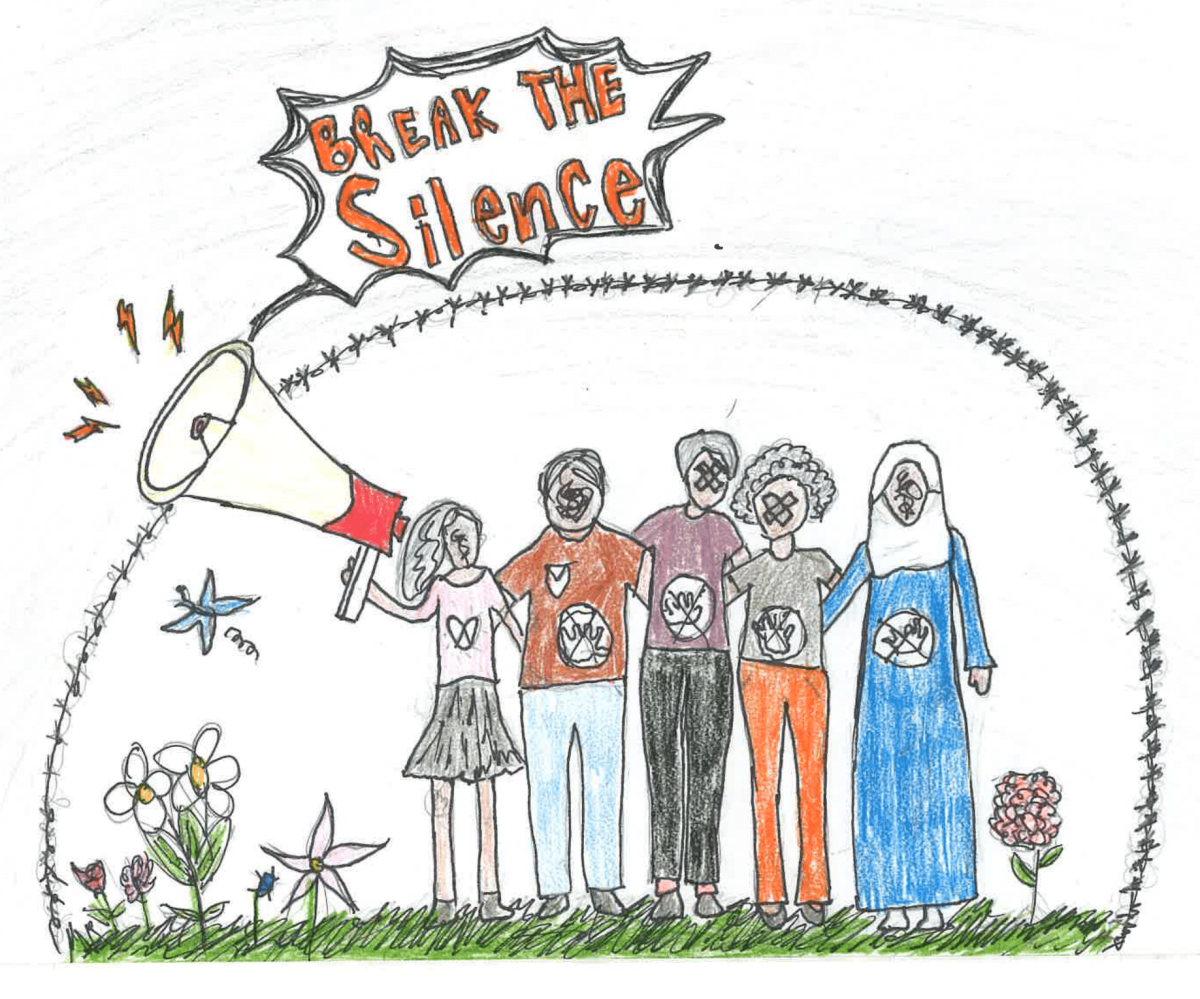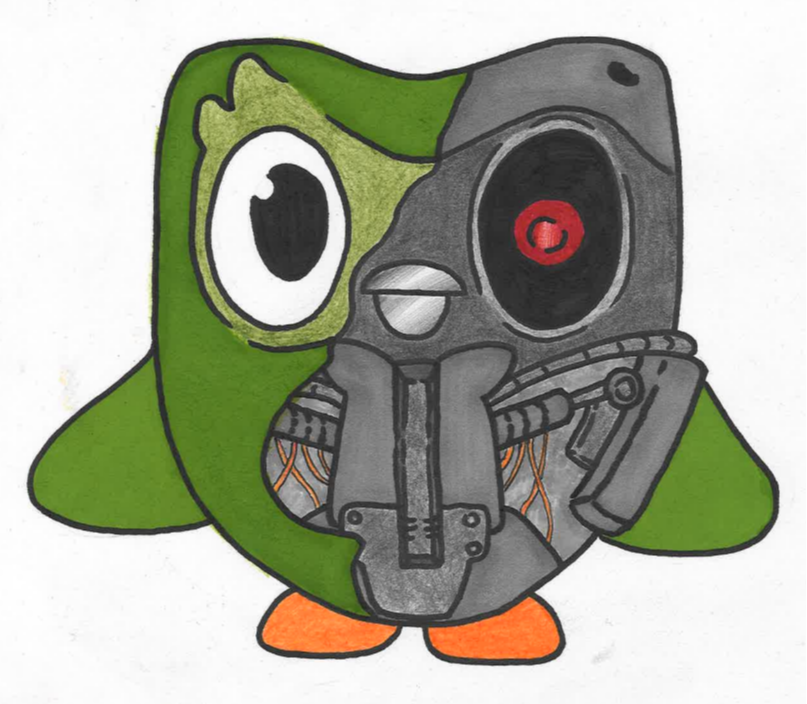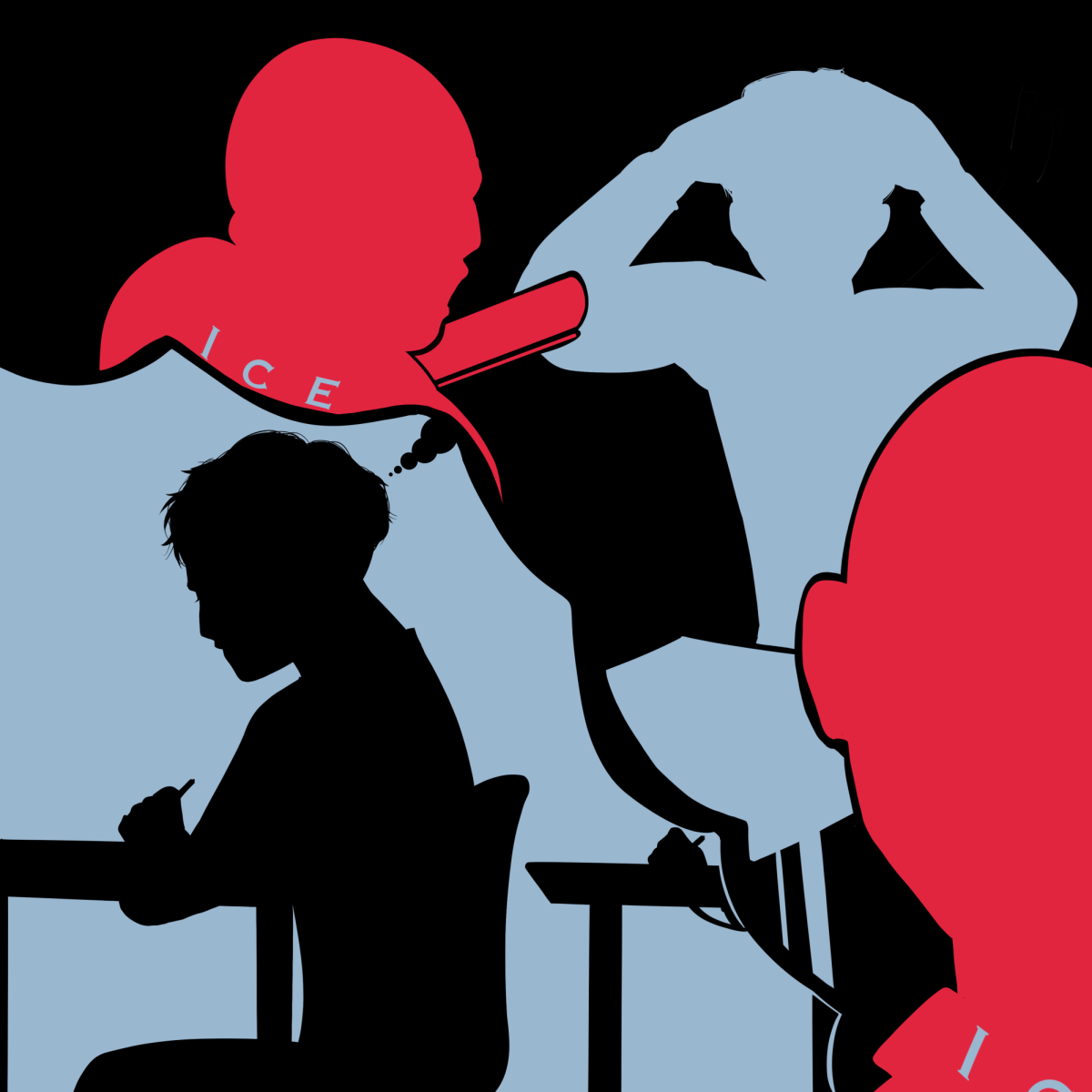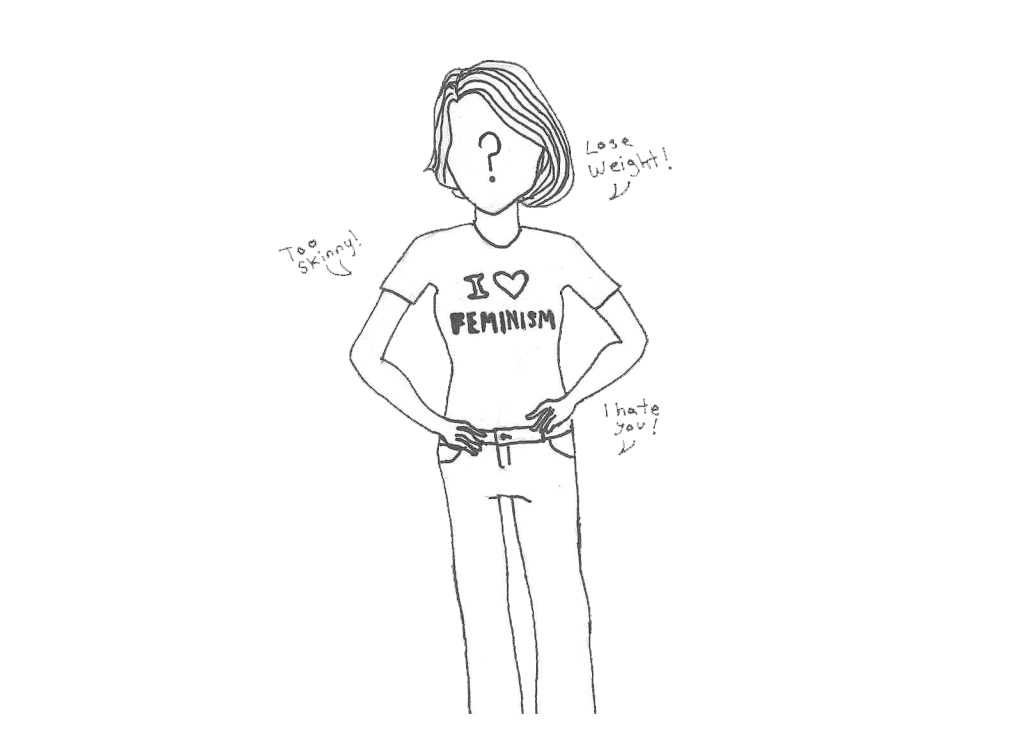Trigger warning: The proceeding content includes the discussion of sexual abuse. Reader discretion is highly advised.
Sexual abuse (SA) has always been a big issue. According to the Rape, Abuse & Incest National Network (RAINN), over 433,000 Americans 12 and older report sexual abuse each day.
However, for the person who was sexually abused, their life has changed forever. Some people will see it as a joke or game because they don’t realize how it affects the person being harmed, and how infrequently anyone is doing anything about it. Many children and older adults are being targeted as well. Making things worse is the fact that several state governments are not doing what needs to happen: removing statutes of limitations for SA victims.
What people who haven’t endured SA so often don’t see is that the trauma can affect the victim’s health in insidious ways. The percentage of children who are victims of SA in the United States is between 12.2 and 26.6% of girls and 5.1 to 7% of boys. These staggering numbers suggest a lot more needs to be done.
“[On the one hand, abusers] should get [worse] sentences for rape, but at the same time [the justice system]should focus more on current problems that are going on [in] the world,” Kevin Romero (12) said.
More severe sentences for SA is a valid suggestion, but it is just one of the many factors to consider to properly address the problem, how people are dealing with it and how they punish and/or rehabilitate abusers. But they don’t realize how bad it can turn out for them. It can even damage their health.
But if we want to get rid of or reduce rape rates, we should look at the root problems, like teaching young kids (especially boys) what is wrong and providing services for children so they can live a healthy life and not become criminals and abusers. According to the non-profit support group Fight for Survivors, the Sexual Abuses and Cover Up Accountability Act, which went into effect in the U.S. in January of 2023, a lawsuit is more likely to help a victim of sexual abuse than ever before.
Additionally, some jobs allow SA to happen to their adolescent and adult employees, which is shocking because no job should allow sexual abuse of their employees at all. Instead, they should feel comfortable with their work and feel safe. When they are working and doing their job. Workers everywhere should feel safe in their work and they shouldn’t have to worry about anything at all.
This epidemic is particularly notorious in the military. Take, for instance, U.S. Army soldier Vanessa Guillen, who was sexually harassed and allegedly assaulted by another soldier. Specialist Aaron Robinson ended up killing Guillen, fearing Guillen would label him as an abuser. Guillen was not the only person being sexually harassed, either. There are many more people being sexually harassed by other soldiers, but steps have been made to address the problem, unlike elsewhere in the U.S.
“The military has taken several steps to protect victims of sexual abuse of enlisted members since I served,” English teacher Ms. Jessica Bolles said. “[There] is now a separate investigation outside of the military for these cases. The unfortunate truth of sexual abuse is it [is] not exclusive to one organization or the next. It is a serious and often under-punished crime that is always lying in the underbelly of our society,”
More people, and especially those in positions of power, need to hear the victims’ voices when it comes to SA, what should happen if someone has experienced SA and how we can help them instead of letting it happen and not using our voices to protect the voiceless.









